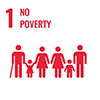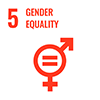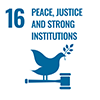Advances in Research Ethics and Integrity addresses new problems, issues and concerns in the fields of research ethics and research integrity.
Aims and scope
Research ethics and integrity problems continue to challenge the research community. New cases constantly test the resources of professional associations and research ethics review committees alike. This series is unique in confronting these challenges head-on by debating and suggesting realistic solutions that can be implemented in practice.
This series offers practical help and guidance in actual research engagements as well as meeting the often varied and challenging demands of research ethics review. Thus the approach is not one of abstract moral philosophy; instead it seeks to help researchers think through the potential harms and benefits of their work and its societal impact and acceptance.
While the research community can be highly imaginative both in the fields of study and methodological innovation the structures of management and reward can pressure researchers into errors of judgment that can have personal and professional consequences.
This series adopts a virtue ethics approach which promotes good practice and sets principles, values and standards that can act as models to aid successful research outcomes. There is clear international appeal as researchers, commissioners and practitioners alike share a vested interest in the global promotion of professional values and standards that lead to public acceptability.
Background to the series
The series editor has made a complete chapter describing the origins of this series available to read free of charge. Please read and share and help us to start a conversation about creating ethics review processes that really work.

This title is aligned with our fairer society goal
We are passionate about working with researchers globally to deliver a fairer, more inclusive society. This perhaps has never been more important than in today’s divided world.






